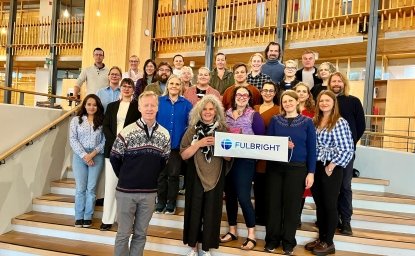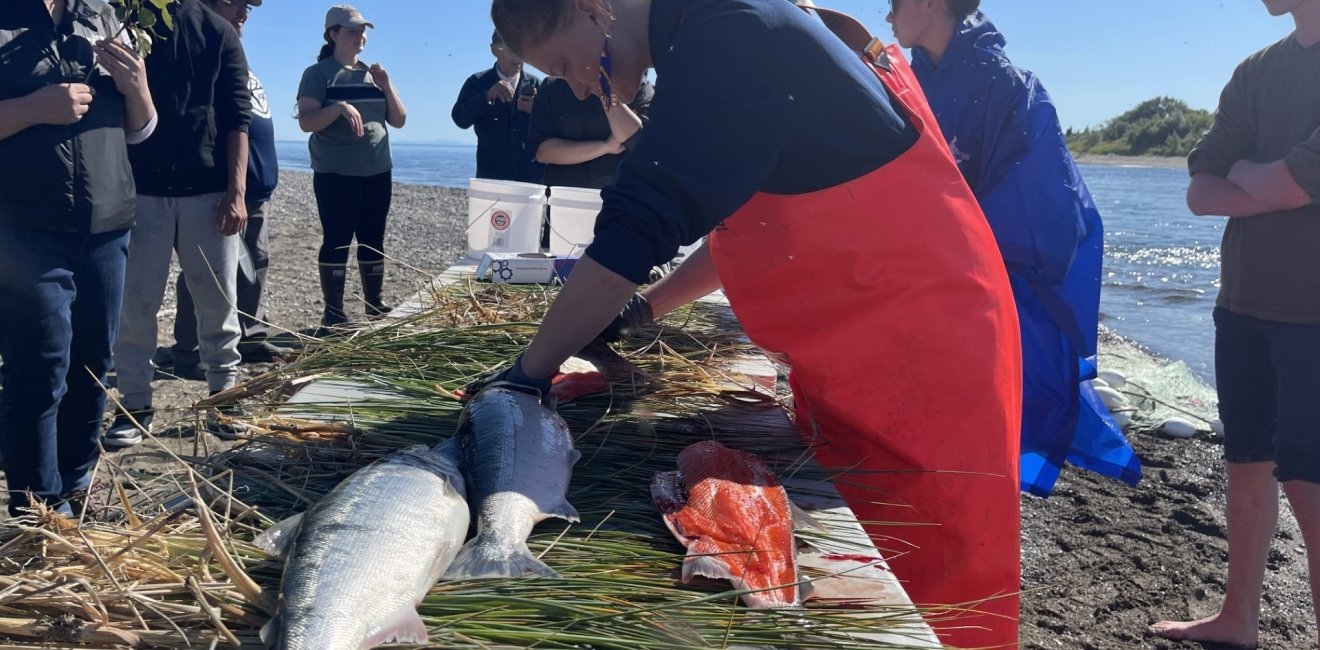
A blog of the Polar Institute
Salmon in Alaska are essential for the cultural, spiritual, physical, economic, and social health of many coastal communities. The same has been true for my experience growing up and having the opportunity to commercially and subsistence fish with my family in Naknek, Alaska. The rhythm of the year was defined by the salmon season where from mid-June to late July I would convene with our family and friends to fish the same beach that my family has been fishing for six generations. Salmon has guided my life as I pursued a career in fisheries and grounded my identity at home in Naknek. For many Indigenous communities, including mine, well-being extends far beyond conventional metrics like economic success or housing. Salmon is a cornerstone of well-being—it brings families together, fosters social connections, and sustains cultural traditions. In our definition of well-being, we also center sovereignty- and the inherent right for us as Native people to equitably practice our way of life.
The salmon season means reuniting with my immediate and extended family each summer. Together, we share quality time, earn a livelihood, and fill our freezers and smokehouses with homepack. All winter, I savor the salmon I harvested and reflect on the time spent outdoors, away from the desk, fueling my soul with physical work on the land and sea.
In Bristol Bay, we are fortunate that our sockeye salmon run remains resilient despite the pressures of climate change, continuing to support both commercial and subsistence fisheries. But not all communities are as lucky. To the north, diminishing salmon runs are severing vital connections. Smokehouses and fish camps—once bustling with activity as babies learned from parents and parents from grandparents—now sit idle or are active for only a few days instead of an entire summer.
For us, salmon is our soul food. Smoked salmon strips are what we teeth on as babies and crave as elders. Salmon defines our yearly cycles, funds college tuition, and fills fuel tanks for winter. Its absence is not just a resource crisis—it’s an identity crisis. Losing these traditions threatens the core of who we are as salmon people.
Currently, I work at the International Arctic Research Center at the University of Alaska Fairbanks as an Indigenous Liaison for the Research Networking Activities for Sustained Coordinated Observations of Arctic Change Project (RNA CoObs). In this role, I am assembling an expert panel to address the challenges facing salmon in Bristol Bay by identifying important variables and the societal benefits of salmon to communicate well-being concepts to international and federal partners. This work will lead to recommendations for collecting and sharing salmon knowledge that center on equity. This panel includes representatives from Tribal, state, federal, nonprofit, industry, and academic sectors—a microcosm of the collaborative approach needed to tackle these challenges. Part of this effort helps outline an online knowledge portal for data sharing that would support this - and potentially other - grassroots, multisector efforts to better understand changes in salmon populations.
At the heart of our work is a commitment to viewing salmon not merely as a resource but as kin. This perspective challenges us to address power dynamics in resource management and to ensure that decisions balance economic considerations with the livelihoods and well-being of our salmon-centered communities.
If you would like to learn more connect with us via embedded links or connect at Arctic Science Summit Week and the International Conference on Arctic Research Planning in Boulder Colorado in March 2025.
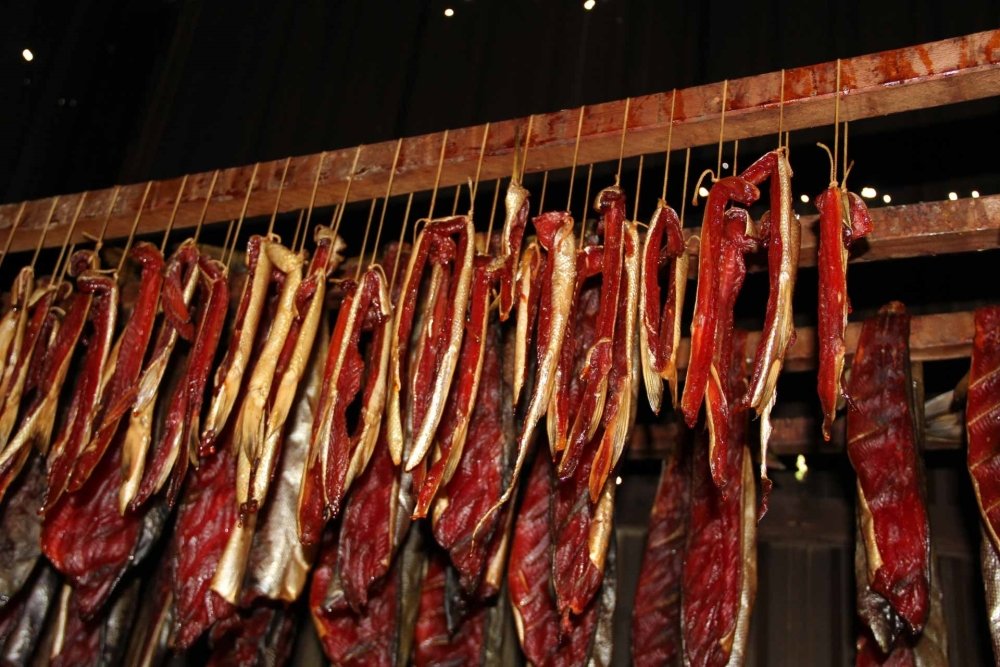
Empty Nets: Big Changes in a Great American Fishery
Check out the homepage for Empty Nets: Big Changes in a Great American Fishery for more content.
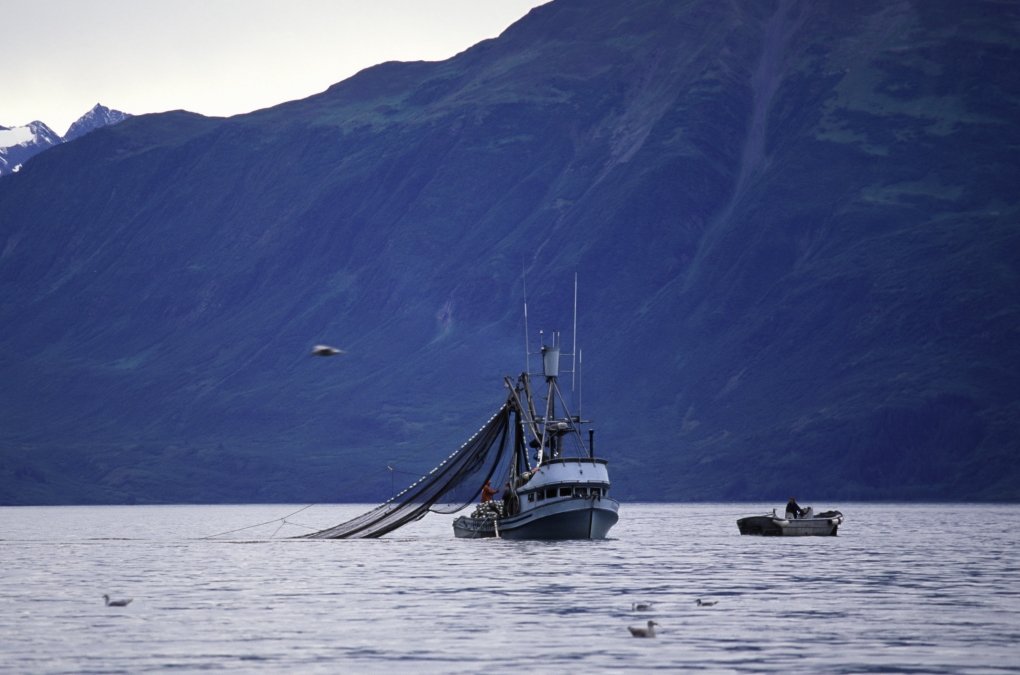
Author
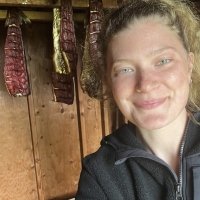

Polar Institute
Since its inception in 2017, the Polar Institute has become a premier forum for discussion and policy analysis of Arctic and Antarctic issues, and is known in Washington, DC and elsewhere as the Arctic Public Square. The Institute holistically studies the central policy issues facing these regions—with an emphasis on Arctic governance, climate change, economic development, scientific research, security, and Indigenous communities—and communicates trusted analysis to policymakers and other stakeholders. Read more

Explore More in Polar Points
Browse Polar Points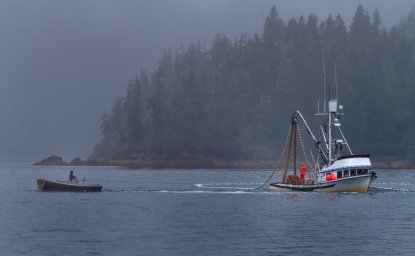
Empty Nets: Big Changes in a Great American Fishery

Greenland’s New Governing Coalition Signals Consensus
